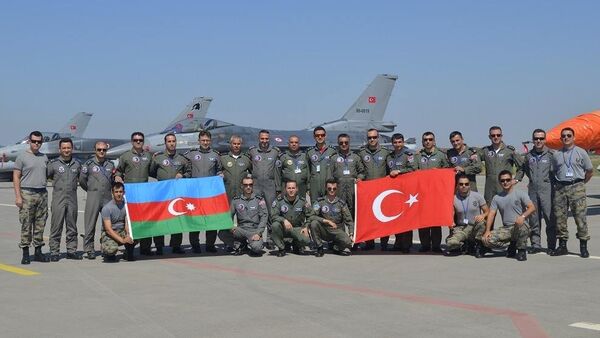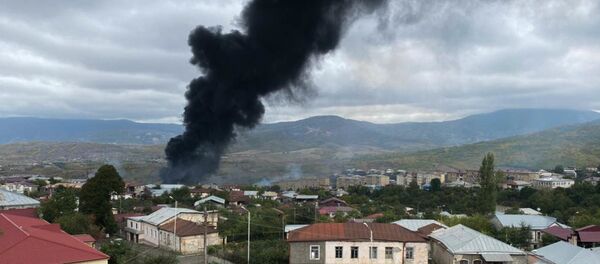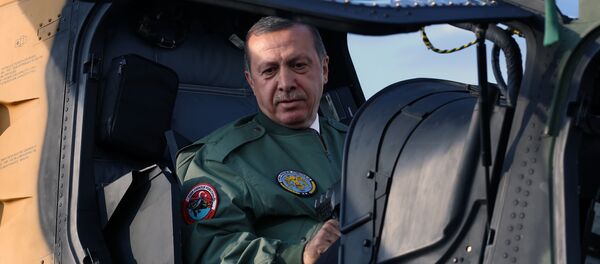Armenian Prime Minister Nikol Pashinyan has expressed concerns to Trump National Security Adviser Robert O'Brien about Turkey's alleged use of American-made F-16 fighters to attack Armenians in Nagorno-Karabakh.
"The United States needs to explain whether it gave those F-16s to [Turkey to] bomb peaceful villages and peaceful populations", Pashinyan said, speaking to The New York Times about what he told O'Brien in a telephone call Thursday.
According to the prime minister, the national security adviser "heard and acknowledged" the Armenian side's concerns.
In his NYT interview, Pashinyan also reiterated allegations he's made elsewhere that the current flare-up of fighting for the contested Nagorno-Karabakh region has been "encouraged" by Turkey, calling the latest escalation "a continuation of the genocidal policies carried out by Turkey against Armenians", in reference to the Armenian Genocide at the beginning of the 20th century.
Calling the dispute between Armenians and Azerbaijanis in the South Caucasus exclave a "civilisational front line", Pashinyan suggested that the Armenian side was "the last remaining obstacle in the way of Turkish expansion toward the north, the south, and the east".
Dispute Over Alleged Turkish Involvement
Yerevan has repeatedly accused Turkey of being heavily involved in the latest flare-up of fighting in the Karabakh conflict which began late last month, and which entered its eighth day on Monday.
Before that, both Armenia and France accused Ankara of using Syrian mercenaries in the conflict. Azerbaijani President Ilham Aliyev forcefully denied the latter claims in an address on Sunday, saying his country has a well-equipped army of 100,000 soldiers, and demanding an apology from Paris. Turkish authorities have similarly rejected both the "mercenary" and F-16 deployment claims.
Last week, Armenia also reported that one of its Su-25 close air support jets had been shot down by a Turkish F-16 fighter. Azerbaijan vocally denied the claims, calling the allegation a "fantasy of the Armenian military propaganda machine". Later, the Armenian Defence Ministry released an animated video purportedly showing a map of the patrolling Turkish F-16 over Azerbaijani airspace near the Su-25 before it was shot down.
Turkey is one of the few nations that has expressed support for Azerbaijan's offensive in Karabakh. While Russia, the United States, France, and the European Union have each asked both sides to agree to a ceasefire and to sit down for talks, Turkish President Recep Tayyip Erdogan has urged Baku to pursue the war to a victorious conclusion.
The Karabakh conflict's current phase has its roots in the late Soviet period. In Soviet days, Nagorno-Karabakh was an autonomous region of the Azerbaijani Soviet Socialist Republic populated mostly by ethnic Armenians. In the late 1980s, nationalist sentiments on both sides unchecked by perestroika and heightened by a deteriorating socio-economic situation prompted regional authorities to request to secede from Azerbaijan and join the Armenian republic of the USSR. Baku attempted to prevent this, and in 1991 abolished the region's autonomous status.




